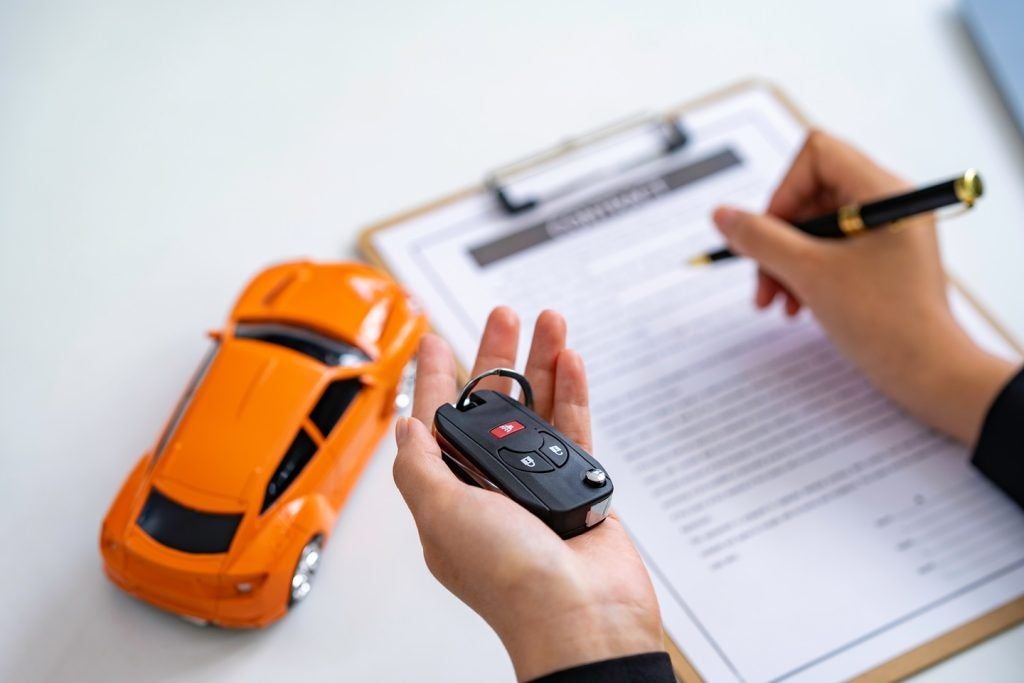A recent episode of the BBC’s Panorama, Electric Cars: Is It Time To Buy, was frustrating as it represented, what some regard, as typical sensationalist journalism with no preparation, no planning and no thought on how to manage a route of that length. It seemed its only intention was to paint EVs, and particularly charging them, in a poor light.
This negativity seems prevalent currently both on TV – in programmes like Channel Four’s Despatches – and in the national media, including both the Daily Mail and Daily Telegraph.
Taking a new EV on a trip as long as 350 miles without proper route planning is not an ideal way of testing an electric car, especially when you consider that research shows that EV drivers only make journeys of over 200 miles five times a year at most.
The real issue here is a general lack of education about how to use an EV effectively, and getting the best out of what is new technology for the majority of people.
Typically, that lack of knowledge centres around charging EVs sufficiently to ensure that drivers do not suffer from range anxiety and have access to reliable charging to ensure they never run out of miles.
An electric vehicle attitude survey of around 10,000 drivers we carried out with Aston University – the results of which we published in January last year – revealed a high degree of misconceptions and driver ignorance around electric cars.
How well do you really know your competitors?
Access the most comprehensive Company Profiles on the market, powered by GlobalData. Save hours of research. Gain competitive edge.

Thank you!
Your download email will arrive shortly
Not ready to buy yet? Download a free sample
We are confident about the unique quality of our Company Profiles. However, we want you to make the most beneficial decision for your business, so we offer a free sample that you can download by submitting the below form
By GlobalDataThe survey produced some startling results that showed a lack of knowledge and entrenched attitudes. Amongst the factors that made people hesitate in making the transition to EVs were cost (36%), range anxiety (28%) and lack of public charging (25%).
Some 67% of those surveyed also said they did not live within five minutes of a public charge point. But when further confidential checks were carried out on their postcodes, it was found that some 40% of these actually had one or more chargers within a five-minute walk of their home.
This last point is clearly a key issue and local authorities have universally been poor in proving adequate on-street charging for EVs, while greater investment and communication is clearly called for.
If you can charge at home on your driveway or garage, then charging overnight can cost as little as £6 on a special tariff and between £15-£24, depending on battery size.
For example, to give a range of around 200 miles, it would cost £15 to charge an MG4 with a 50kw battery overnight, while a car like the Audi eTron 55 with an 80kw battery would cost £24 on a normal tariff.
But if you can’t charge at home and have to rely on public charging, it is much more expensive and can be up to £40 for 200 miles of electric range – probably twice what you would pay for the same mileage in a petrol or diesel car.
However, despite the Panorama findings, running an EV on a long journey can be very cost-effective, even if relying on the public charging network, with a modicum of planning.
There are growing numbers of sites with multiple high-speed chargers on or just off our motorway network, including my personal favourite, the Instavolt hub at Stroud Park, Banbury, which was 32 150kwh charge points on site.
As anyone who regularly drives an EV will tell you, they are much more convenient than petrol/diesel models for everyday use, as you can charge overnight and the next morning you are ready to go without having to make a visit to a filling station once a week.
And, with an EV salary sacrifice scheme, such as the one we offer to our clients, the extra front-end costs associated with most EVs can be quickly recouped thanks to lower BIK rates, making an EV cheaper to run than an equivalent five-year-old diesel.









Related Company Profiles
Audi AG